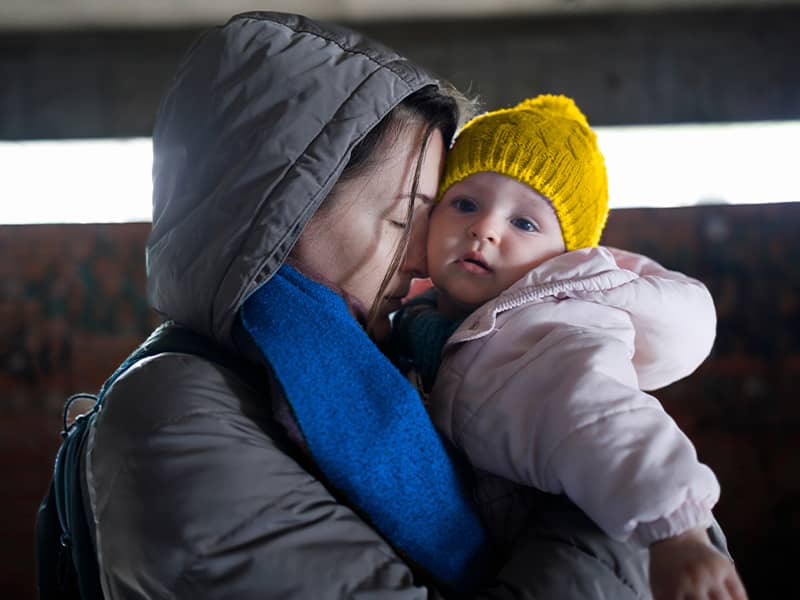Saturday, nearly 4,200 Catholics will gather in Boston for the first national conference of an upstart laity group, Voice of the Faithful (VOTF), founded in January by area Catholics outraged by the sexual abuse crisis engulfing their church. Boston's Cardinal Bernard Law is the best known among many bishops now accused of covering up for abusive priests and shuffling them among parishes.
VOTF's stated mission is to support both victims and "priests of integrity" and to zero in on structural changes to make the church more accountable to the laity for finances and administration. The group called on Catholics to contribute, as always, to their parishes -- but donate to other Catholic-supported service organizations through a fund set up to parallel any charities controlled by Cardinal Law and the archdiocese.
The annual Cardinal's Appeal, the primary funding source for the archdiocese's operating budget, reported pledges had reached $4.8 million by the end of June, down from $7.5 million by the same date in 2001. "We are going to stop funding a church that ignores the needs and concerns and the presence of the Holy Spirit in 98 percent of its members," says Tom Beaudoin, a member of VOTF who teaches theology at Boston College and will address the conference.
While the drive for financial accountability helped VOTF quickly draw more than 10,000 members nationwide and establish small Parish Voice chapters in 150 churches, it's not the only issue on their agenda. The event focuses on the governance of the church and a new demand to share power with the hierarchy. "The only thing we are seeking is what we have already been promised at Vatican II," Beaudoin says. He says the Vatican II reforms in the 1960s, which made the church more accessible and participatory for lay people, also made clear the laity is as essential to living and spreading the faith as priests.
The VOTF leadership draws from Catholic Boston's professional and academic community, with theology professors, doctors, and lawyers. The president is Boston cardiologist James Muller, who shared in a Nobel Peace Prize for organizing International Physicians for the Prevention of Nuclear War.
Most leaders and members are "cradle Catholics -- middle-aged, middle-of-the-road people pushed over the edge by the scandal and the deep flaws it revealed in church governance," Beaudoin says.
Voice of the Faithful draws both newcomers to activism and veterans involved in other Catholic reform groups such as Chicago-based Call to Action. But where Call to Action pushes for controversial doctrinal changes such as ordaining women and revamping church tradition to allow married clergy, Voice of the Faithful is "rigorously centrist," Beaudoin says.
Stephen Pope, chairman of the Boston College theology department, says the Vatican worries that lay activists could wind up "misleading themselves on the essential teachings" and splinter into fractious denominations like Protestants. Or, he says, they could trigger "a political battle over leadership, a real issue with this papacy."
Pope John Paul II cautioned lay Catholics in May that they have complementary--but not equal--roles with the clergy. Vatican II did not shift the priestly task of "pastoral governing" over to the people, he said. Instead, they are called to witness by living the church's teachings.
Either way, the old pastoral image of shepherds leading obedient sheep is out the window. "No one wants to be sheep now. Sheep are dumb animals that will follow you anywhere. Today's educated American Catholics won't get in line. It's hard to be a pastor for uppity sheep," says Pope, one of a dozen speakers set for Saturday.
Church law already requires every diocese to have a financial council. The U.S. Conference of Catholic Bishops in Dallas has mandated that each have a lay-led group to advise the bishop on sexual abuse issues. And many parishes already have elected councils assisting in day-to-day operation of their churches, however, the Rev. Thomas Reese, editor of the Jesuit magazine, America , says, "Voter turnout is often low."
Change, Reese says, "requires laypeople willing to put time in and a bishop and staff willing to, as well. But the laity will soon get tired if certain important topics are never discussed or if the bishop never listens. And it's wearying to do this day in and day out. "The problem with democracy is that takes up too many evenings."

